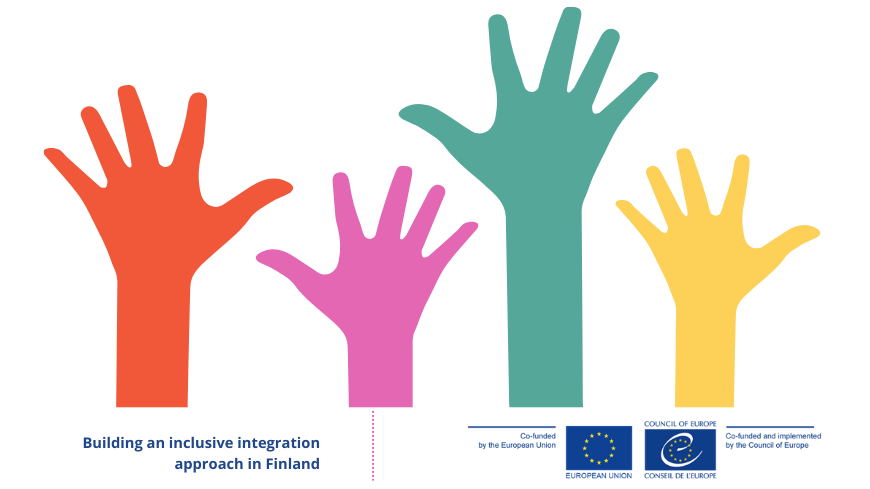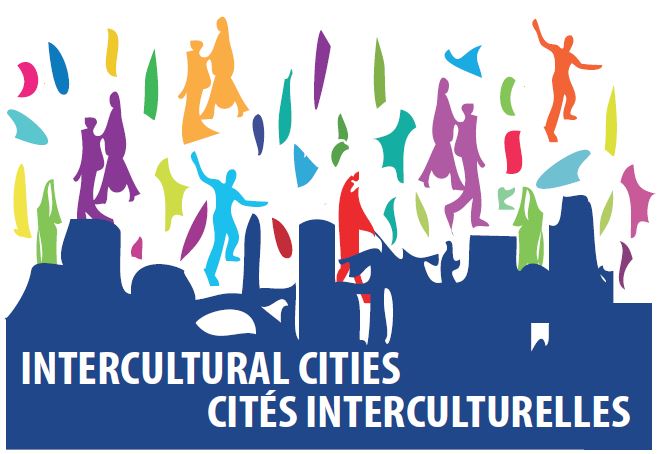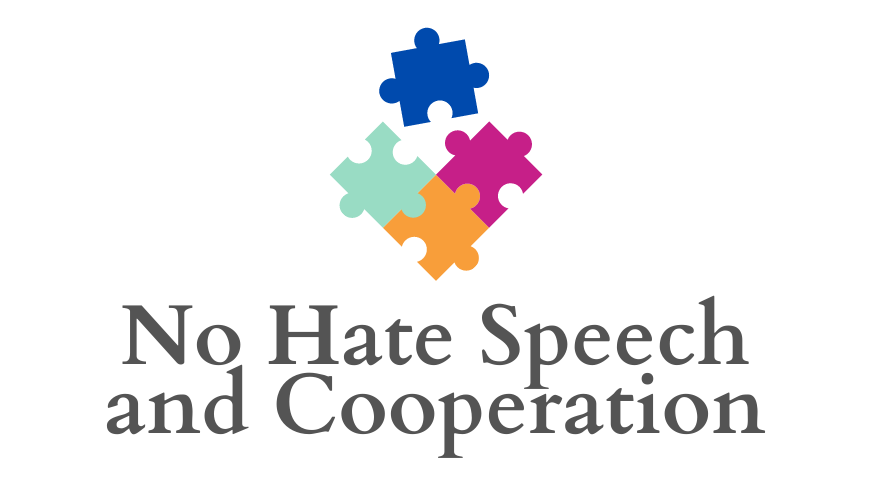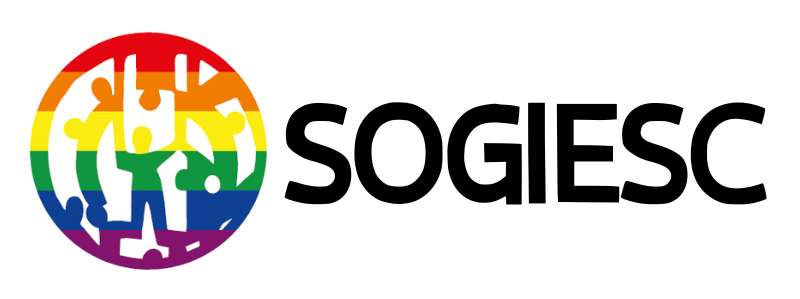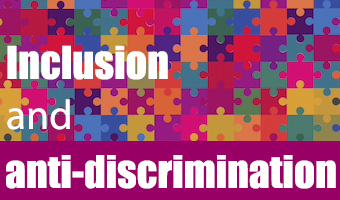The EU/CoE joint project Building an inclusive integration approach in Finland will provide technical support to the implementation of inclusive integration policies based on the Finnish Good Relations concept and the Council of Europe’s Intercultural Integration model. The aim is to improve community relations and to support better integration of migrants across society in areas such as participation, education, cultural and social life, urban planning, business, labour market, anti-discrimination and multilingualism.
The joint project will work with up to seven municipalities from across Finland to promote the implementation of local integration strategies which reflect the Good Relations principles. The participating municipalities will receive support and guidance to:
- set up a cross-sectorial working group;
- complete the Index and receive recommendations through the Index Report;
- receive an “Expert Visit” and the recommendations resulting from that visit; and
- draft a local integration strategy reflecting the Good Relations concept and following up the recommendations.
Interested? The deadline for applications has been extended until 7 December 2022.
Find more information about the procedure and the link to apply on the project page.
The joint project “Building an intercultural integration approach in Finland” is co-funded by the European Commission via the Technical Support Instrument (TSI) 2022 and the Council of Europe and implemented by the Council of Europe’s Intercultural Cities (ICC) Programme in co-operation with the European Commission and the Ministry of Justice of Finland.



